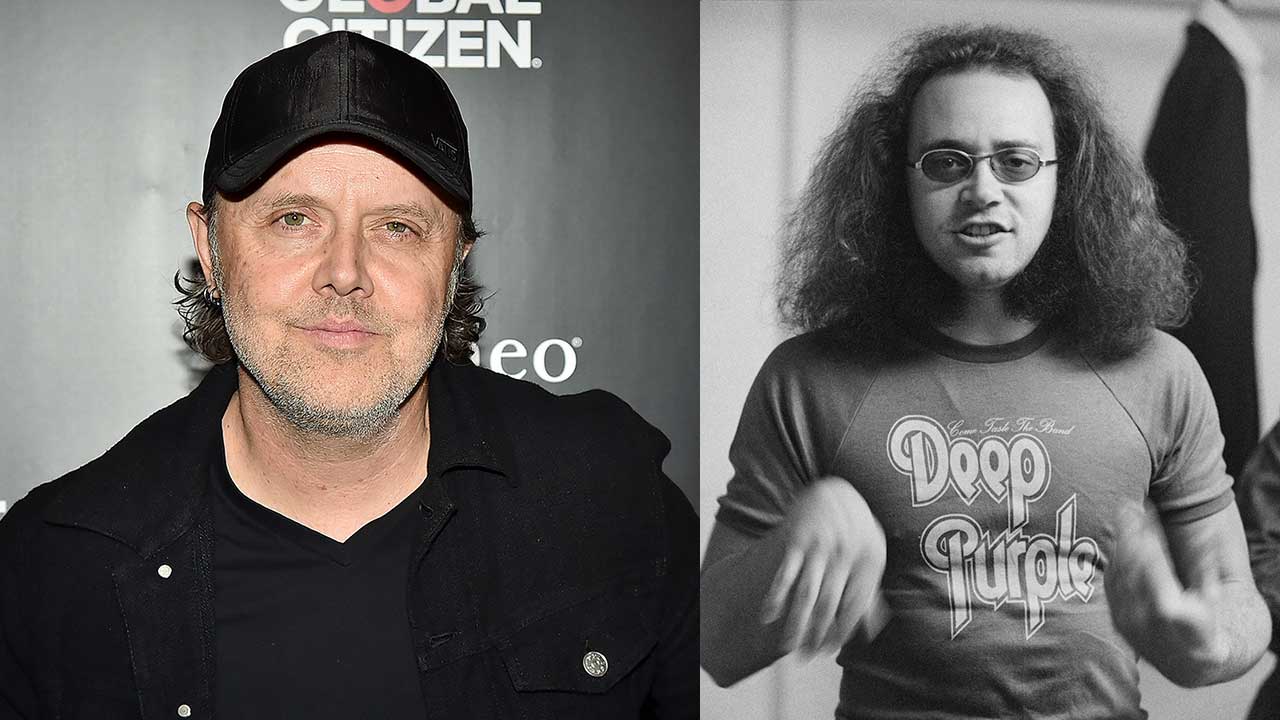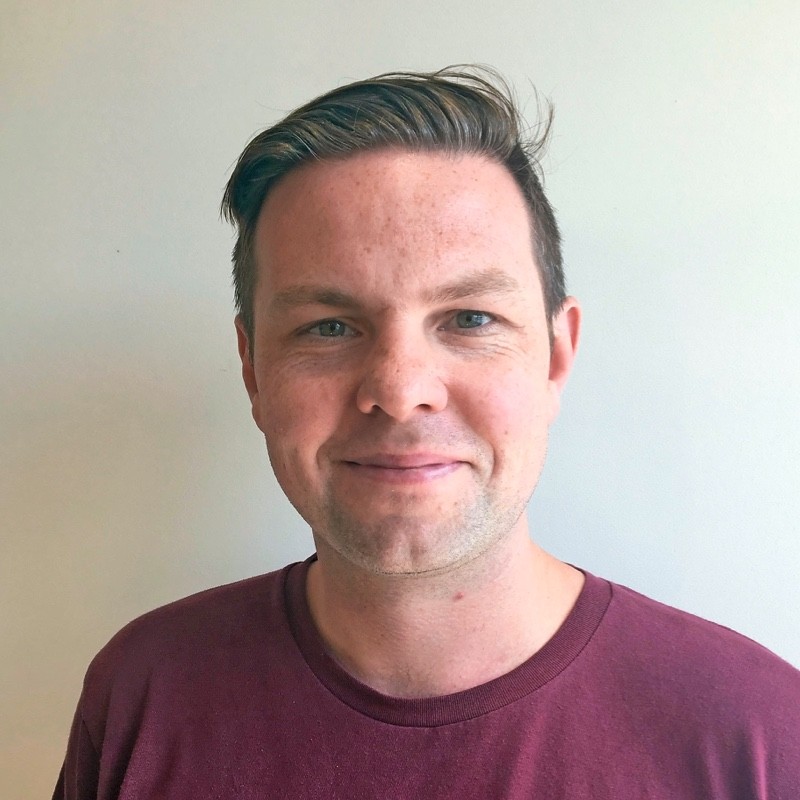As Lars Ulrich tells it, as a teenager he was far better at tennis than he was at drums. In the 70s, the young Dane’s dream was to become a professional tennis player just like his old man Torben. “Music was the passion, tennis was the day job,” he told Classic Rock’s Ben Mitchell.
He ended that decade by heading to a special centre in Florida to hone his skills, something that made him realise the tennis court was not where he wanted to spend his life. “I ended up playing tennis every day for six months,” he explained, “and that was probably what turned me off. Then we decided to move to a suburb south of LA called Newport Beach, which was pretty fucking horrible. It was really rich, conservative, pink Lacoste shirts.
"By the time I’d been there two or three months, it all fell apart. Music became all-encompassing and tennis just went away. I just wanted to play in a band.”
The spark for this diversion had been lit a few years before, when Torben took his nine-year-old son to see Deep Purple at Copenhagen’s KB Halle. “I was just infatuated,” Ulrich recalled. “Not just with the music but the event: the people, the volume, the reverberation, the light show, the whole thing.” The next day, still on a high from the show, he went to a record store and bought the band’s fifth album Fireball – not out of choice, but because it was the only one they had. “I started with that and I didn’t look back,” Ulrich said.
Aged 13, he begged his grandmother to buy him a drumkit so he could pretend to be in Deep Purple, a Ludwig make just like their own sticksman. “I got one that was the same set-up as Ian Paice.”
When his tennis dream began to sour, Lars Ulrich was clear what he wanted to do. “I started looking for people to fulfil this NWOBHM fantasy that I had,” he said. And so, the passion became the dayjob, and the dayjob became one of the biggest rock bands of all-time, and it’s all thanks to Deep Purple.

